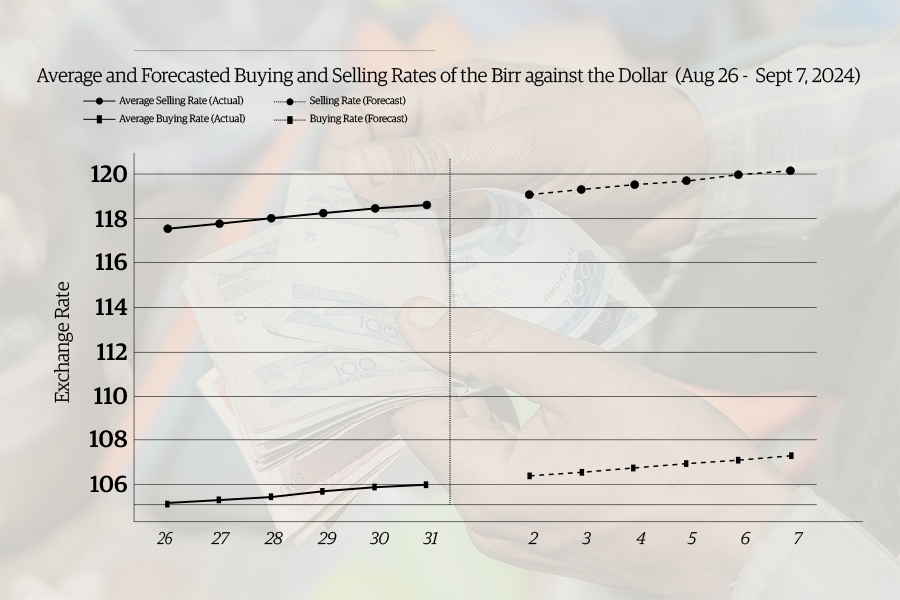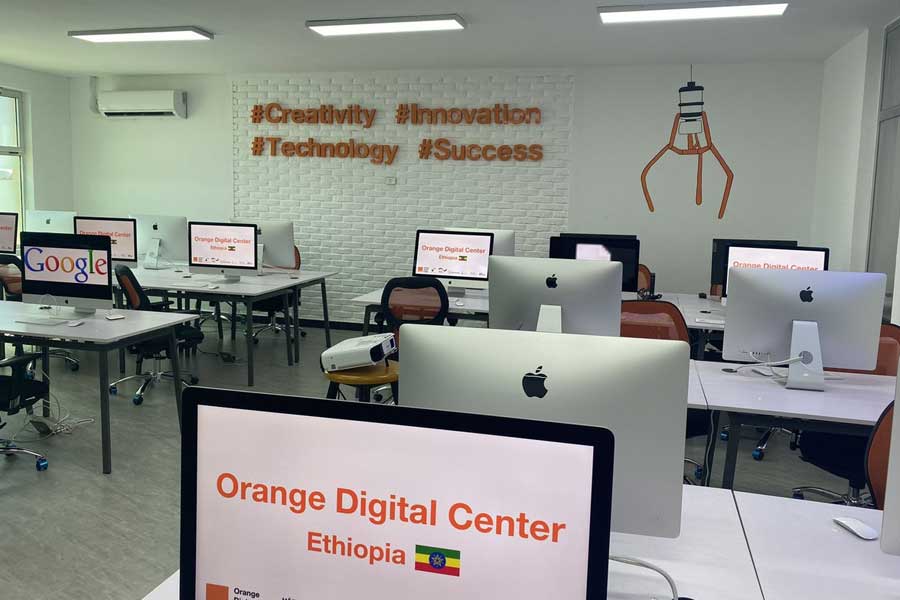
Commentaries | Jul 24,2021
Oct 21 , 2023
By Hintsa Andebrhan
Prime Minister Abiy Ahmed (PhD) took the dais last week to discuss an issue of significant regional consequence: Ethiopia’s water resources and its strategic interests in the Red Sea. By hingeing his argument on Ethiopia’s historic, ethnic, and cultural ties with Somalia, Djibouti, and Eritrea, the Prime Minister asserted a view that resonated with many and sparked debate among geopolitical analysts.
The core of his thesis centred on the belief that Ethiopia’s bonds with its neighbours can shape the country’s foreign policy, especially concerning shared water resources and maritime access. While the historical and ethnic ties are undeniable, such connections, as many analysts agree, should not be the foundation for territorial or resource claims.
The Grand Ethiopian Renaissance Dam (GERD) on the Nile River featured prominently in his address. The GERD has long been a source of contention with downstream countries, notably Sudan and Egypt. As Abiy underlined Ethiopia’s right to discuss the Red Sea, he paralleled this with the country’s right to determine the Nile’s fate. His criticism, however, of the Arab League’s posture on the GERD has raised eyebrows. The involvement of countries not directly linked to the Nile Basin in negotiations challenges the established norms of international diplomacy.
Another point in the Prime Minister’s address that has generated public interest relates to the transboundary basins. He stressed that Eritrea benefits from Ethiopia’s Tekeze River. However, informed observers might note this misstep: The "Mereb" or "Stet" River originates from central Eritrea and merges as one of the Nile’s tributaries. Eritrea has been a silent player concerning the GERD, a fact emphasised by President Isaias Afwerki’s supportive visit to the dam site. Such solidarity hints at the underlying potential for a strengthened Ethiopia-Eritrea alliance.
Eritrea’s role is central when discussing the geopolitics of the Red Sea.
Ethiopia cannot afford to be a spectator in this dynamic maritime landscape, and forging strong bilateral relations with neighbouring countries is imperative. The 2018 peace agreement between Ethiopia and Eritrea is evidence of this potential collaboration.
States Article Two: "The two countries will promote comprehensive cooperation . . . based on complementarity and synergy."
Eritrea’s ports of Assab and Massawa could serve as Ethiopia’s gateway to the Red Sea. Before the devastating war between Ethiopia and Eritrea in 1997, President Issayas had envisioned political and economic integration between the two countries, hoping for shared sentiments from Ethiopia’s then-leader, Meles Zenawi. Given the tumultuous history, both countries must consider a roadmap to deepen their cooperation. The political game board demands a focus on policy formulation that prioritises integration, and Ethiopia’s political elite needs to recognise this.
Ethiopia’s position on the global stage, particularly in relation to the Arab countries, is also worth noting. As Abiy seeks to deepen ties with the Red Sea region, Ethiopia needs to craft a nuanced foreign policy to balance national interests and regional cooperation. An observer seat in the Arab League might serve as a symbolic step, but the Egyptian influence, given Cairo’s bearing on the Nile and its clout within the Arab League, poses a challenge. Navigating this Egyptian dynamic requires a deft touch and a robust policy vision.
As Ethiopia charts its course in the Red Sea and the Nile basin geopolitics, Prime Minister Abiy’s address will be closely scrutinised. His country stands at a crossroads. By embracing its historical connections yet grounding its policies in realpolitik, Ethiopia can aim for a future that acknowledges its past while navigating the intricate reality of regional diplomacy.
PUBLISHED ON
Oct 21,2023 [ VOL
24 , NO
1225]


Commentaries | Jul 24,2021

Radar | Apr 17,2020

Commentaries | Oct 07,2023

Money Market Watch | Sep 01,2024

Fortune News | Feb 27,2021

Editorial | Apr 04,2020

Life Matters | Jan 14,2023

Viewpoints | Sep 04,2021

Editorial | Apr 22,2023

Commentaries | Oct 23,2021

Photo Gallery | 169927 Views | May 06,2019

Photo Gallery | 160174 Views | Apr 26,2019

Photo Gallery | 149767 Views | Oct 06,2021

My Opinion | 136217 Views | Aug 14,2021





Dec 22 , 2024 . By TIZITA SHEWAFERAW
Charged with transforming colossal state-owned enterprises into modern and competitiv...

Aug 18 , 2024 . By AKSAH ITALO
Although predictable Yonas Zerihun's job in the ride-hailing service is not immune to...

Jul 28 , 2024 . By TIZITA SHEWAFERAW
Unhabitual, perhaps too many, Samuel Gebreyohannes, 38, used to occasionally enjoy a couple of beers at breakfast. However, he recently swit...

Jul 13 , 2024 . By AKSAH ITALO
Investors who rely on tractors, trucks, and field vehicles for commuting, transporting commodities, and f...

Oct 4 , 2025
Eyob Tekalegn (PhD) had been in the Governor's chair for only weeks when, on Septembe...

Sep 27 , 2025
Four years into an experiment with “shock therapy” in education, the national moo...

Sep 20 , 2025
Getachew Reda's return to the national stage was always going to stir attention. Once...

Sep 13 , 2025
At its launch in Nairobi two years ago, the Africa Climate Summit was billed as the f...

Oct 5 , 2025 . By NAHOM AYELE
In Meqelle, a name long associated with industrial grit and regional pride is undergo...

Oct 5 , 2025 . By BEZAWIT HULUAGER
The federal government is set to roll out a new "motor vehicle circulation tax" in th...

Oct 5 , 2025 . By NAHOM AYELE
The Bank of Abyssinia is wrestling with the loss of a prime plot of land once leased...

Oct 5 , 2025 . By BEZAWIT HULUAGER
The Customs Commission has introduced new tariffs on a wide range of imported goods i...